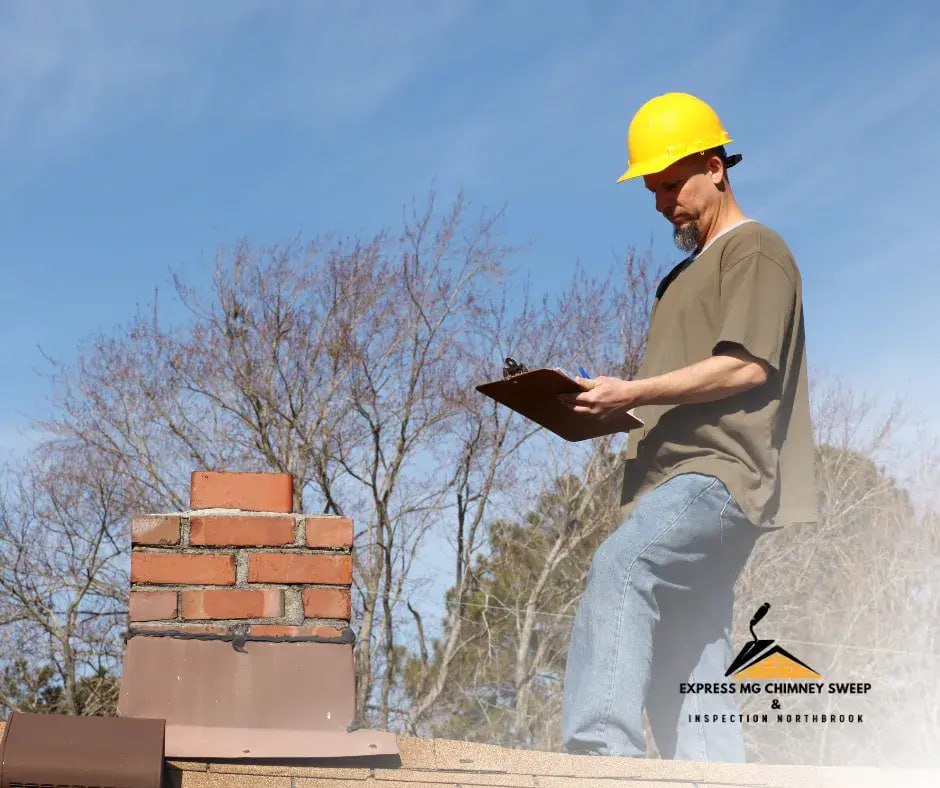A cozy fireplace is a cherished feature in many homes, but it requires vigilant care to ensure safety. Neglecting chimney maintenance can lead to serious hazards, including chimney fires. Regular chimney inspections are a proactive measure to detect and address potential risks, ensuring your home stays safe and warm.
Identifying Fire Hazards in the Chimney
Chimneys are prone to creosote buildup, a highly flammable residue left behind by burning wood. Over time, this substance accumulates along the inner walls of the chimney, increasing the risk of fire. Additionally, debris such as leaves, twigs, or bird nests can block the flue, trapping heat and igniting a blaze.
A chimney inspection is critical for identifying these hazards early. Professionals use specialized tools to assess the chimney’s condition, removing creosote and obstructions. Routine chimney inspections also ensure proper airflow, reducing the likelihood of overheating and fire outbreaks. Keeping up with these inspections protects your home and provides peace of mind.
Ensuring Structural Integrity Against Heat
Beyond cleaning, chimney inspections address structural concerns that can contribute to fires. Cracks in the flue liner or masonry can allow heat and flames to escape into surrounding walls, posing a significant danger. These gaps may go unnoticed without regular inspections, making them a hidden threat.
Scheduling a chimney inspection helps detect structural weaknesses before they worsen. A thorough assessment includes checking for cracks, loose bricks, or damaged mortar. Addressing these issues promptly not only prevents fires but also extends the lifespan of your chimney. A structurally sound chimney enhances both safety and efficiency, ensuring your fireplace performs at its best.
Promoting Safe Ventilation and Air Quality
A well-maintained chimney is essential for proper ventilation. Blocked or damaged chimneys can trap smoke and gases like carbon monoxide inside your home, creating a hazardous environment. Poor ventilation not only increases fire risks but also compromises indoor air quality.
Regular chimney inspections help maintain safe and efficient airflow. By clearing blockages and identifying damage, these checkups ensure smoke and harmful gases exit your home as intended. Clean chimneys also reduce the spread of soot and particles, creating a healthier living space for your family. Prioritizing chimney inspections is a simple yet effective way to safeguard your home and improve air quality.
Routine chimney inspections play a vital role in fire prevention and home safety. By addressing fire hazards, maintaining structural integrity, and promoting ventilation, these checkups provide comprehensive protection for your household. Whether you use your fireplace occasionally or as a primary heat source, consistent maintenance is key to keeping your home safe.
Read More:
Protecting Your Home’s Air Quality with Regular Chimney Maintenance

